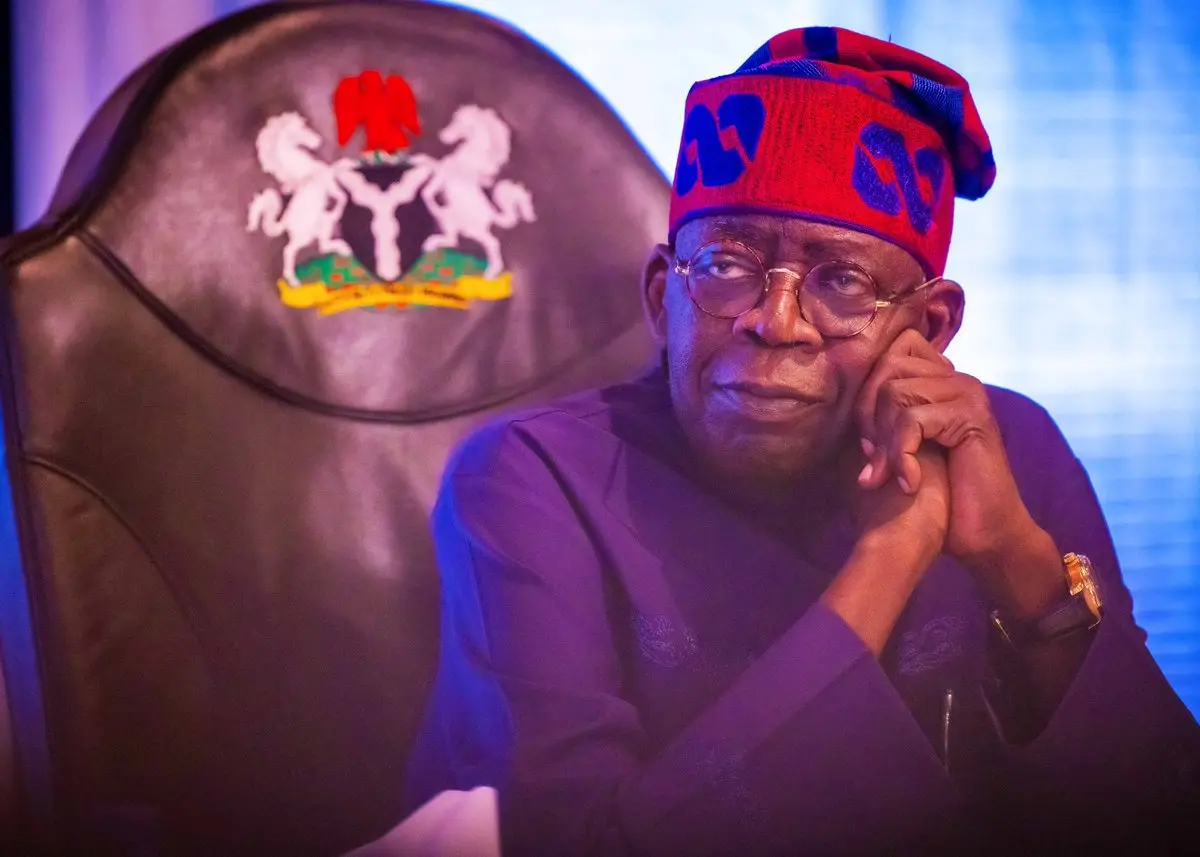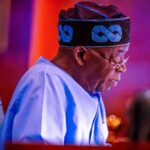May 29, 2024 marked the first anniversary of the administration of President Bola Ahmed Tinubu. We congratulate the president for navigating the Nigerian ship through the turbulence of the last one year. There were unexpected bumps that tossed the country into unfamiliar difficulties, inexplicable jumps in the cost of living, and diminished purchasing power, which all combined to define the Tinubu administration, in spite of diverse policy measures put in place to ameliorate them.
However, it was very remarkable that, unlike his predecessors, President Tinubu failed to address the nation on this first anniversary, disappointing the over 200 million Nigerians who yearned to hear the president’s scorecard and future plans for lifting them out of the current situation. The president, rather, chose to appear before the joint session of the National Assembly and to later sign a bill reverting the national anthem to that which was used from 1960 to 1978. It must be pointed out that a change of the national anthem has little effect on the fortunes of the people.
In the last one year, one thing that became apparent to Nigerians was that the government has no robust socio-economic plan, other than the assumption that the removal of fuel subsidy and the floating of the Naira were the silver bullets for dealing with all the socio-economic problems facing Nigeria. And instead of making Nigeria better, the measures tossed the country into a quagmire from where it is difficult to tackle the challenges of economic development which the president promised in his inaugural speech on May 29, 2023. Tinubu had said his government planned to “remodel our economy to bring about growth and development through job creation, food security, and an end to extreme poverty.” None of these has happened in the last one year.
The president listed three cardinal objectives on the economy. They are, first, “budgetary reform stimulating the economy without engendering inflation will be instituted. Second, industrial policy will utilise the full range of fiscal measures to promote domestic manufacturing and lessen import dependency. Third, electricity will become more accessible and affordable to businesses and homes alike. Power generation should nearly double and transmission and distribution networks improved. We will encourage states to develop local sources as well.”
- One year on: Tinubu’s self-defeating economic policy
- Tinubu’s first anniversary: Challenge of driving change
From the experiences of Nigerians in the past one year, it seemed as if these promises were just the creative works of his speech writers, rather than genuine policy statements. First, inflation has become unmanageable, as the prices of essential goods, including food items, have continued to climb beyond explanation. Local manufacturers are groaning under the devaluation of the Naira and the low purchasing power of Nigerians. The power sector has suffered regression, rather than improvement, with government asking Nigerians to swallow the bitter pill of tariff increase. Clearly, none of the promises he articulated about the economy has taken off in the first one year.
The job creation strategy he promised has not been initiated. In the inaugural speech, President Tinubu said, “Our government shall also work with the National Assembly to fashion an omnibus Jobs and Prosperity bill. This bill will give our administration the policy space to embark on labour-intensive infrastructural improvements, encourage light industry and provide improved social services for the poor, elderly and vulnerable.” No Job and Prosperity Bill has been initiated in the National Assembly to activate this promise of ‘labour-intensive infrastructural improvements.’ Rather, most of the projects that should fall under this category, like road constructions, are being awarded to contractors, some of whom appear to value profit over jobs for youths.
Though, the removal of fuel subsidy was imminent, the Tinubu government failed to put in place effective strategies for cushioning its effects. Nigerians have to pay astronomically high fares for both road and air transportations; the promised Compressed Natural Gas (CNG) vehicles are yet to emerge and circulate; and there are no subsidies for common pharmaceutical drugs, not to talk of staple food items. The aftermath of the removal of subsidy went contrary to his promise in his inaugural speech. Tinubu had said, “Subsidy can no longer justify its ever-increasing costs in the wake of drying resources. We shall instead re-channel the funds into better investment in public infrastructure, education, health care and jobs that will materially improve the lives of millions.” Rather than “materially improve the lives of millions,” the subsidy gains have been shared among state governments, most of whom are not accountable to the people. There is no improvement in the life of citizens.
The Minister of Information and National Orientation, Mohammed Idris, has vigorously defended the first year of this government, outlining how it has impacted the society through economic reforms, strengthening national security, enhancing infrastructure and transportation, providing education, health and social investment, improved governance, and the like. That is not enough. The government should feel the pulse of the people to know how they truly feel. We encourage the Tinubu government to engage in introspection, examine its first one year, and come up with measures that will bring relief to the people. This government has three more years to make a positive impact on the lives of the people and the economy. It must come out of mere rhetoric and take practical steps to improve security of lives and property and welfare of the people.

 Join Daily Trust WhatsApp Community For Quick Access To News and Happenings Around You.
Join Daily Trust WhatsApp Community For Quick Access To News and Happenings Around You.


